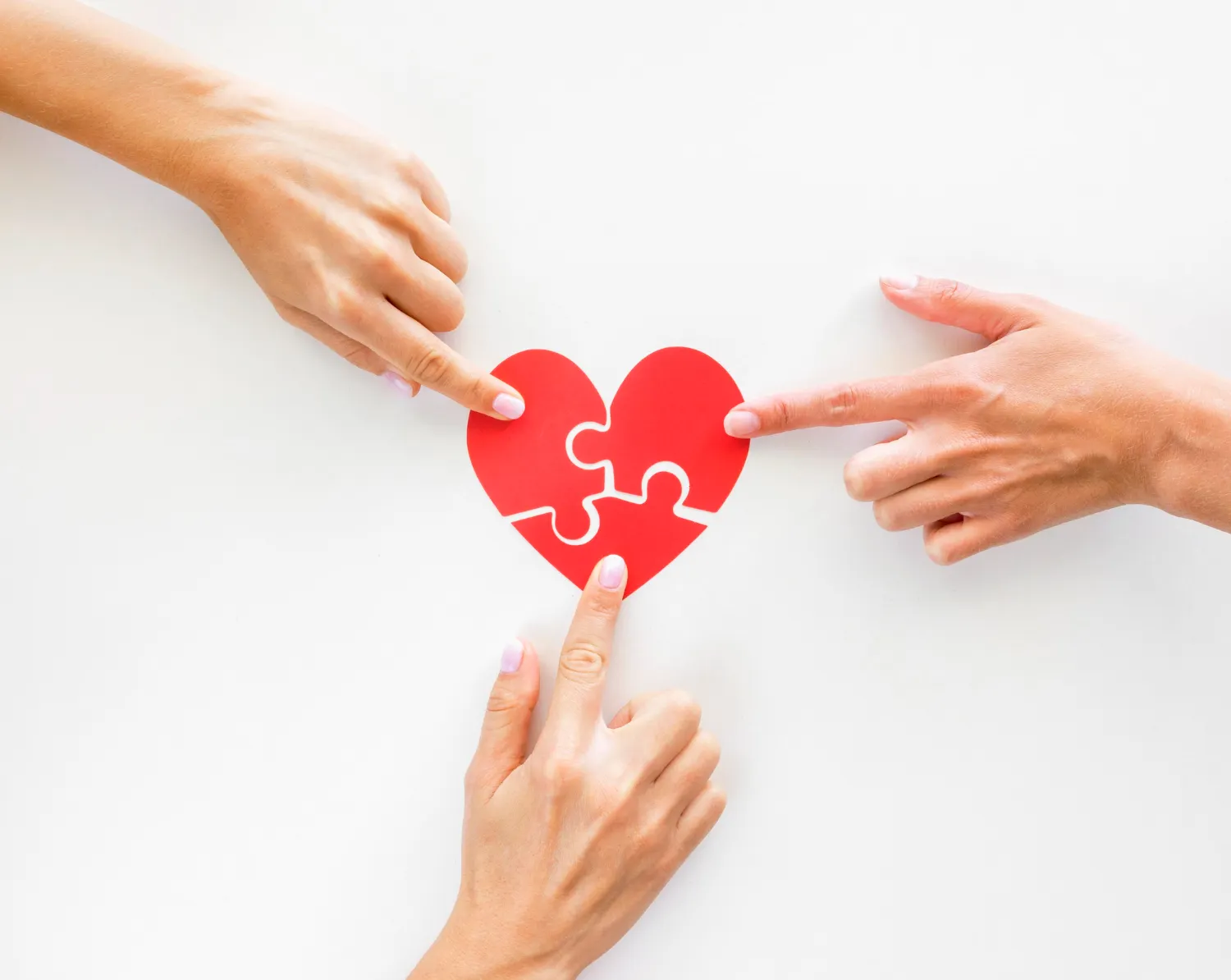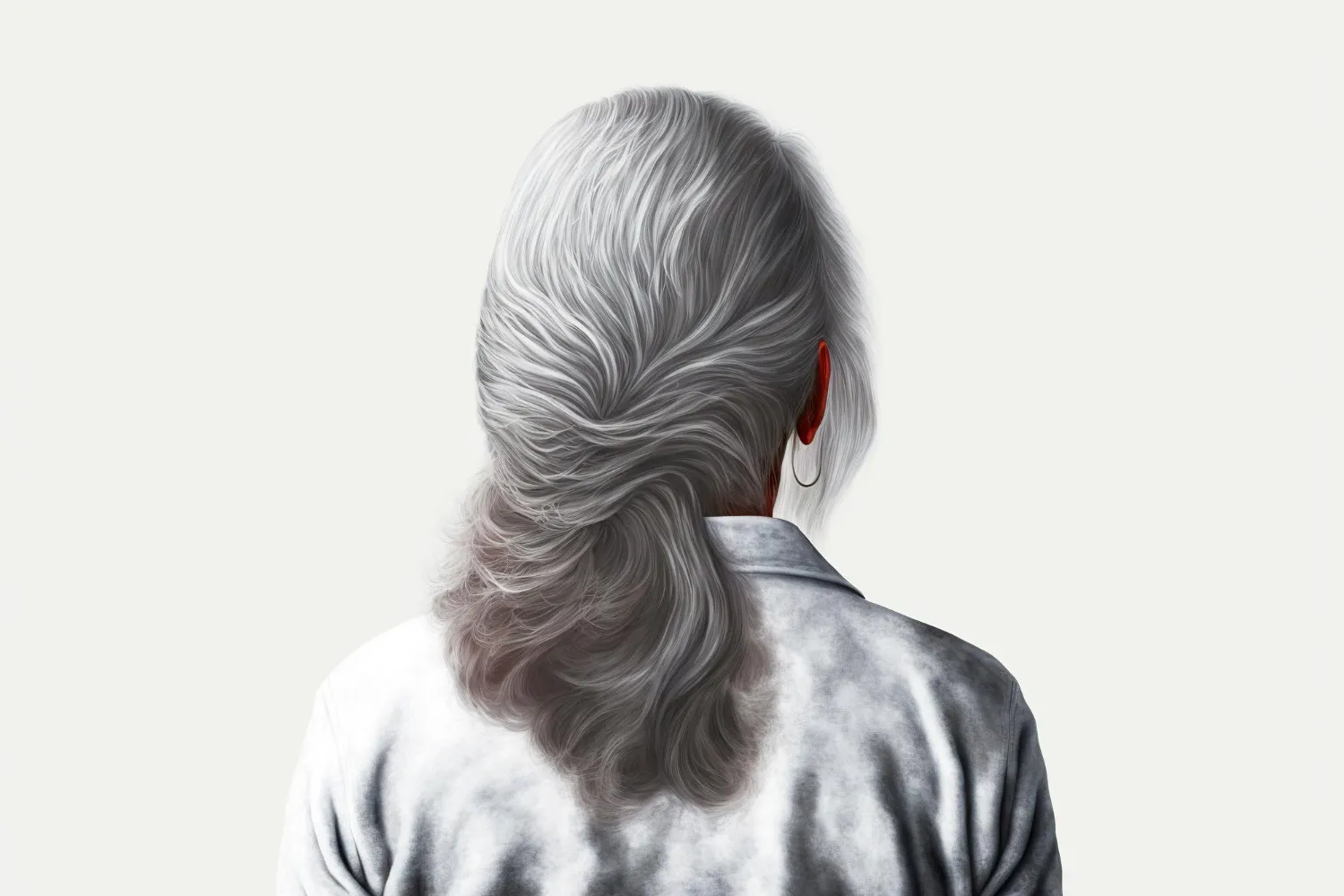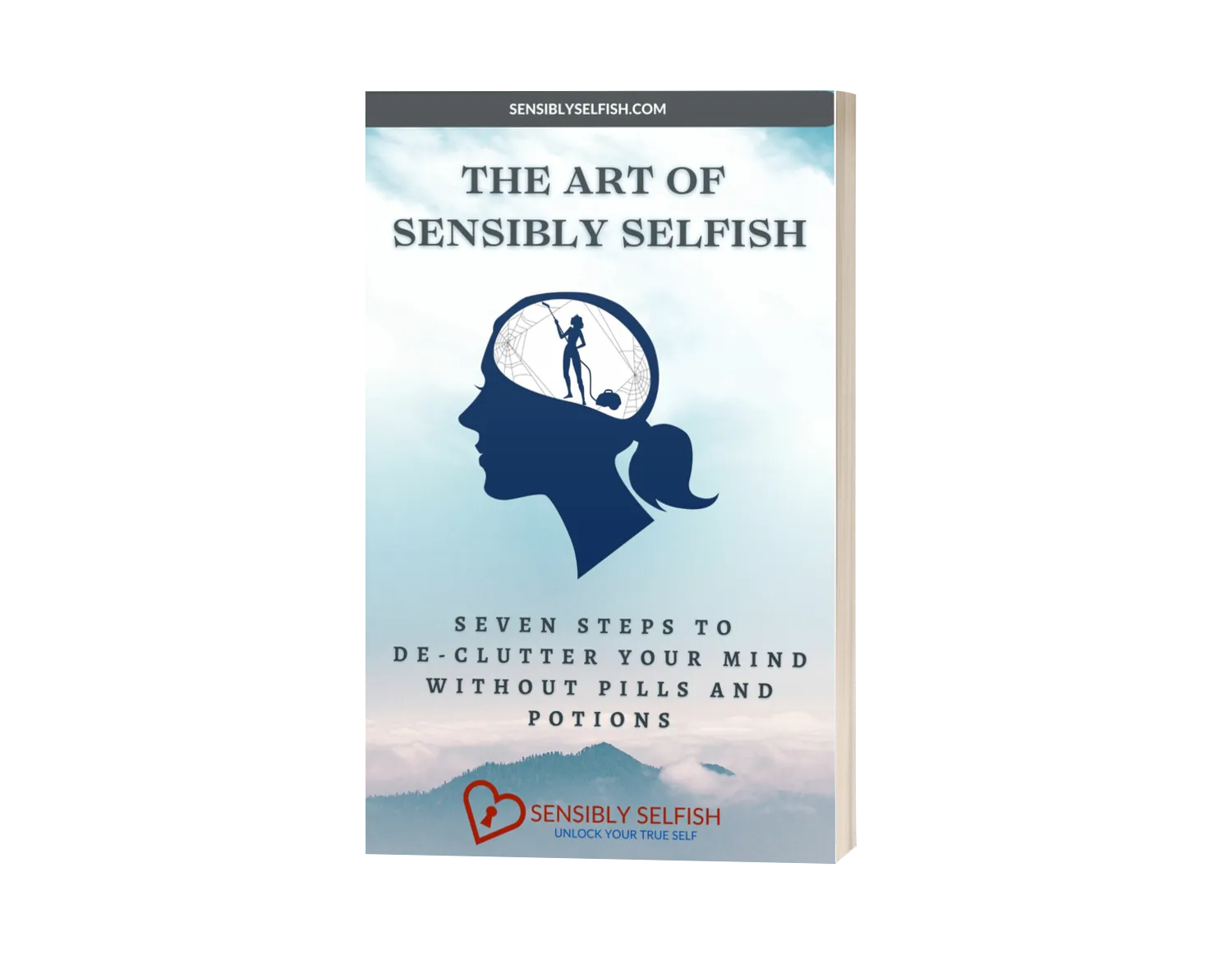Balancing Acts: Embracing the Law of Giving and Receiving
For Personal Growth in Midlife
[Toc]

Are you ready to tap into the transformative potential of giving and receiving to unlock your true self in midlife? Have you ever wondered how the acts of giving and receiving can lead to profound personal growth and deeper connections in midlife? Do you find it easier to give than to receive? What if embracing both aspects could be the key to a more fulfilling and balanced life in midlife? Read on to find out more.
The Law of Giving: Understanding the Principle
The law of giving is a timeless principle that transcends cultures and philosophies. At its core, giving is an act of selflessness without expecting anything in return. In midlife, understanding this principle takes on new significance as it can bring profound fulfillment and purpose. Giving can take various forms, from material gifts to offering support, kindness, or simply being present for others. By practicing giving with an open heart, midlife individuals can experience a sense of connectedness with others and the world around them. This sense of interconnectedness can lead to well-being and happiness, fostering a positive outlook on life during this transformative phase.
Seven Simple Ways to Give
Giving doesn't always have to involve grand gestures; even small acts of kindness can have an impact. The key is to; give from the heart without expecting anything in return.
Performing Random Acts of Kindness: Paying for someone's coffee, holding the door open for a stranger, or leaving a heartfelt note for a coworker are simple acts of kindness that brighten someone's day.
Volunteering: Dedicate your time to a local charity or community organization. For example- helping at a food bank, participating in a cleanup event, or assisting in a senior center can make a significant difference.
Listening and Supporting: Be there for your friends, family, or colleagues when they need someone to talk to. Offering a listening ear and providing support can be incredibly meaningful.
Sharing Knowledge: Share your expertise and knowledge with others. Offer to mentor someone in your field or teach a skill or hobby you excel in.

Giving Compliments: Offer genuine compliments to people around you. Acknowledging someone's efforts or strengths can boost their confidence and foster positivity.
Donating Unused Items: Declutter your home and donate items you no longer need to charitable organizations or shelters.
Smile and Spread Positivity: A simple smile can brighten someone's day. Spread positivity and warmth through your interactions with others.
The Law of Receiving: Embracing Abundance with Openness
The law of receiving is a complement to the law of giving. Both emphasize the importance of being open to accepting love, support, and abundance. In midlife, people may encounter challenges in receiving, feeling undeserving, or guilty about asking for help. Embracing the law of receiving involves acknowledging one's worthiness. This openness to abundance can lead to greater opportunities, personal growth, and deeper connections. By welcoming the flow of giving and receiving, midlife individuals can create a harmonious energy exchange, nurturing a sense of fulfillment and abundance in various aspects of their lives.
Seven Simple Ways to Receive
Receiving is an essential part of the law of giving and receiving. Being open to receiving allows others to experience the joy of giving, creating a positive and balanced energy exchange.
Accepting Compliments: When someone compliments you, receive it graciously and genuinely. Avoid deflecting or downplaying their words, as it diminishes the value of their kindness.
Asking for Help: It's okay to ask for help. Whether seeking assistance with a task, advice, or emotional support, allowing others to lend a hand can deepen connections and foster community.

Receiving Gifts: When someone gives you a gift, receive it with gratitude and appreciation. Recognize that giving is a way to express their care and affection for you.
Being Open to Feedback: Embrace feedback from others, whether constructive criticism or praise. Acknowledge that feedback is an opportunity for growth and improvement.
Accepting Offers of Kindness: When someone offers to do something kind for you, such as helping with chores, running an errand, or treating you to a meal, allow them to do so without feeling guilty.
Receiving Love and Affection: Embrace expressions of love and affection from your loved ones. Allow yourself to feel loved and valued in your relationships.
Acknowledging Your Accomplishments: When you achieve something significant, acknowledge and celebrate your accomplishments. Accept praise and recognition for your hard work and dedication.
The Law of Giving and Receiving: Finding Balance
The law of giving and receiving operates as a balanced and interconnected cycle. Giving initiates a flow of positive energy, which, in turn, makes space for receiving. Achieving harmony between giving and receiving is essential in midlife to avoid feelings of depletion or overwhelm. Finding this equilibrium requires self-awareness and understanding one's limitations. Striking a balance ensures that midlife individuals can continue giving without burning out and receiving without feeling guilty. By recognizing the symbiotic nature of giving and receiving, they can cultivate a sustainable and fulfilling approach to engaging with the world around them.

Case Study: Emily's Journey of Giving and Receiving
Meet Emily, a compassionate and empathetic woman who finds joy in giving her time and lending a listening ear to anyone in need. Whether it's her friends, family, or even strangers, Emily willingly offers her support free of charge. Her genuine desire to help others and her selfless nature has made her a pillar of strength for many.
However, Emily struggles when it comes to receiving. She finds it difficult to ask for help or accept compliments and gifts. Her aversion to receiving stems from a belief - ‘I should be entirely self-sufficient’. She does not want to burden others with her needs. As a result, she downplays her struggles and denies others the opportunity to reciprocate the care she so freely gives.
Over time, Emily notices that her circle of friends is dwindling. Initially puzzled by this, she realizes that her reluctance to receive has created an imbalance in her relationships. Her friends feel a sense of distance. They long to offer support and appreciation in return but instead find resistance.
Realizing the impact of her behavior, Emily embarks on a journey of self-reflection and growth. She begins to understand that receiving is not a sign of weakness but an essential aspect of fostering meaningful connections. Emily gradually opens her heart to receiving acts of kindness, compliments, and support from her loved ones.
As she learns to receive with gratitude, Emily experiences a deeper level of intimacy and connection with her friends. She realizes that allowing others to give back enriches both her life and theirs. Moreover, as her friends witness her newfound openness, they feel more comfortable seeking support from Emily, creating a balanced exchange of care and understanding.
Through this transformation, Emily discovers that embracing the law of giving and receiving enhances her relationships and brings a renewed sense of fulfillment. She continues her endeavors, but now with a greater appreciation for the beauty of giving and receiving, creating a more harmonious and connected existence.

Cultivating an Abundance Mindset in Midlife
An abundance mindset is a transformative perspective, a focus on the inherent wealth of possibilities rather than scarcity. In midlife, individuals might carry limiting beliefs about diminishing opportunities or resources. Cultivating an abundance mindset empowers them to see life's potential and possibilities, fostering optimism and resilience. Embracing the law of giving and receiving with an abundance mindset allows midlife individuals to attract positive experiences and enrich their lives. By letting go of scarcity thoughts and embracing abundance, they open themselves to new avenues for growth, creativity, and fulfillment.
Giving Back to Yourself: Self-Care in Midlife
As you give to others, remember the importance of self-care. Giving back to oneself is an integral part of the law of giving and receiving. In midlife, various responsibilities and commitments can lead to neglecting personal needs. Self-care involves nurturing one's physical, emotional, and mental well-being. Engaging in self-care activities such as mindfulness practices, hobbies, exercise, or seeking professional support can rejuvenate and replenish energy levels. By prioritizing self-care, midlife individuals can develop a stronger foundation for giving and receiving, ultimately leading to a more fulfilling and balanced life.
Embracing Change and Growth: Through Giving and Receiving
Midlife often brings significant changes and resistance to stepping out of their comfort zones. However, embracing the law of giving and receiving can catalyze personal transformation and growth. By permitting oneself to explore new opportunities and experiences, midlife individuals can open doors to unexpected growth and self-discovery. Moreover, receiving support and guidance from others can also help them navigate life's transitions. Embracing change through the lens of giving and receiving allows midlife individuals to embrace new possibilities, leading to a more purposeful and fulfilling chapter of their lives.

The Ripple Effect: Impact on Relationships and Community
The law of giving and receiving extends its influence beyond individual experiences; it profoundly affects relationships and communities. In midlife, meaningful connections and a sense of belonging become paramount. By embodying the law of giving and receiving in their interactions, midlife individuals can create a positive ripple effect within their social circles and communities. Kindness and generosity inspire others to do the same, fostering a supportive and compassionate environment. Strengthening these bonds can lead to greater emotional well-being, a stronger sense of purpose, and a lasting legacy of positive impact in the lives of others.









